Preeclampsia in Pregnancy: What to Know and What to Avoid
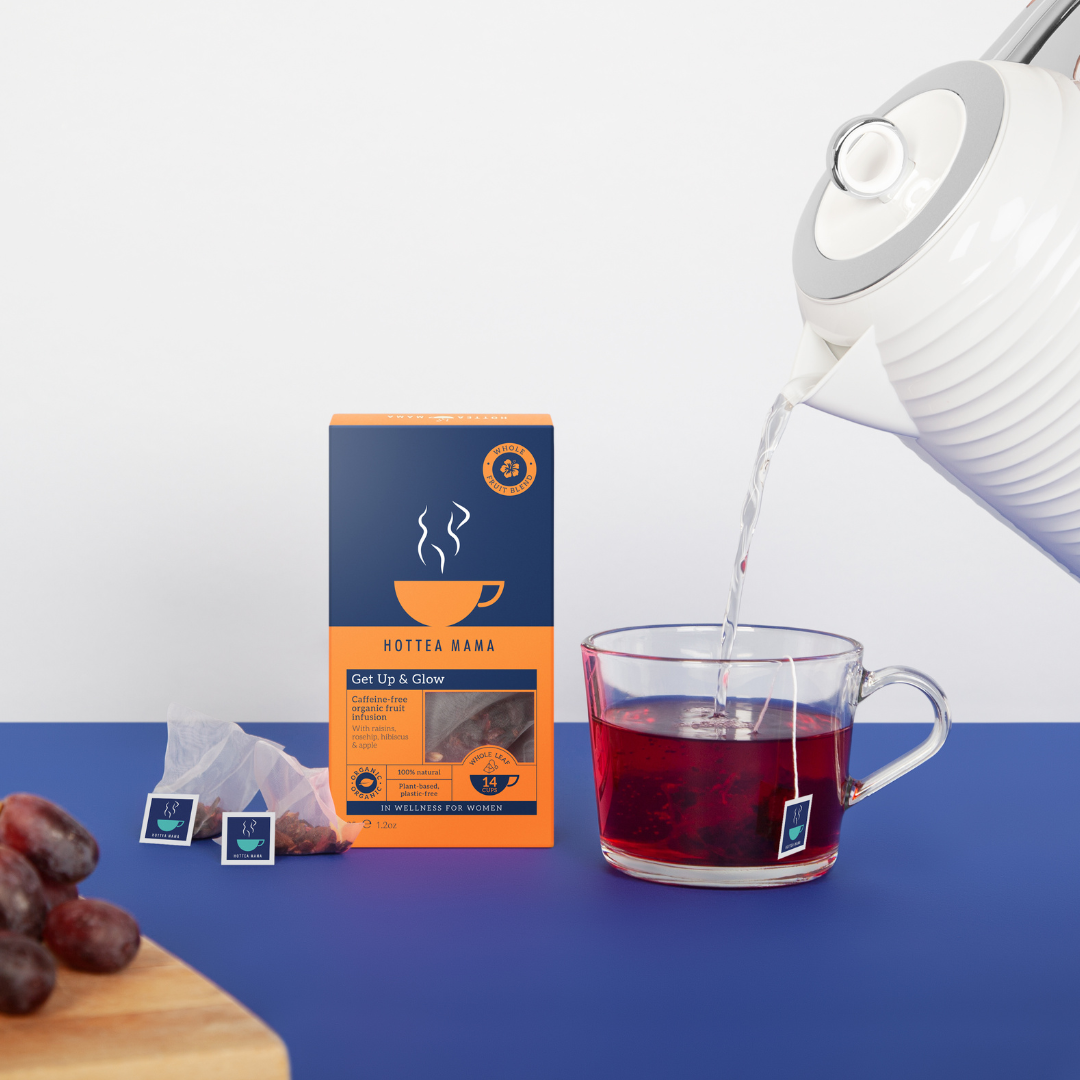
What Is Preeclampsia?
Preeclampsia is a pregnancy complication marked by high blood pressure and signs of organ stress, often affecting the liver or kidneys. It usually develops after 20 weeks of pregnancy and, if left untreated, can pose serious risks to both mum and baby.
Common symptoms include:
- Persistent headaches
- Blurred vision
- Swelling in the face, hands, or feet
- High blood pressure
- Protein in the urine
If you're experiencing any of these, it's essential to contact your midwife or GP immediately.
Can Natural Remedies Support Preeclampsia?
Preeclampsia must be medically managed, but there are natural habits and lifestyle choices that may support blood pressure regulation and overall maternal health. These include:
1. Magnesium-Rich Foods
Magnesium may help relax blood vessels and regulate blood pressure. Incorporate:
- Leafy greens (like spinach and kale)
- Nuts and seeds (especially pumpkin seeds and almonds)
- Whole grains
2. Gentle Movement
While intense exercise is not advised in high-risk pregnancies, gentle activities like:
- Prenatal yoga
- Swimming
- Walking
can promote circulation, reduce swelling, and support healthy blood pressure.
3. Hydration and Herbal Teas (with care)
Staying well-hydrated is key. Many pregnancy-safe teas include nourishing herbs like:
- Raspberry leaf (supports uterine tone in later pregnancy)
- Ginger (helps with nausea and digestion)
Avoid liquorice root, which is found in many herbal blends in the supermarket. It can raise blood pressure and worsen preeclampsia symptoms. Always check labels and consult your midwife before drinking any herbal tea. The labels will say: 'may lead to hypertension' - confusing, but it means it may increase your blood pressure.
4. Prioritise Rest and Stress Reduction
Chronic stress can raise cortisol and contribute to high blood pressure. Try:
- Guided meditations
- Deep breathing
- Journaling
- Listening to calming music
These small rituals can be powerful, especially when paired with a warm cup of safe, soothing pregnancy tea.
5. Calcium and Omega-3s
Some studies suggest calcium supplementation and omega-3 fatty acids (from chia seeds, flaxseeds, or supplements) may help reduce the risk of developing preeclampsia. These nutrients support vascular health and hormone balance.
Preeclampsia is a serious condition—but natural wellness can still play a supportive role alongside medical care. If you're looking for pregnancy-safe teas, check out our collection, or if you're in the supermarket always ensure they’re free from liquorice root, and speak to your midwife if you have any concerns.
Our pregnancy teas are carefully crafted to support each trimester, without ingredients that could spike blood pressure. You deserve peace of mind and a calming cuppa that’s as safe as it is soothing.

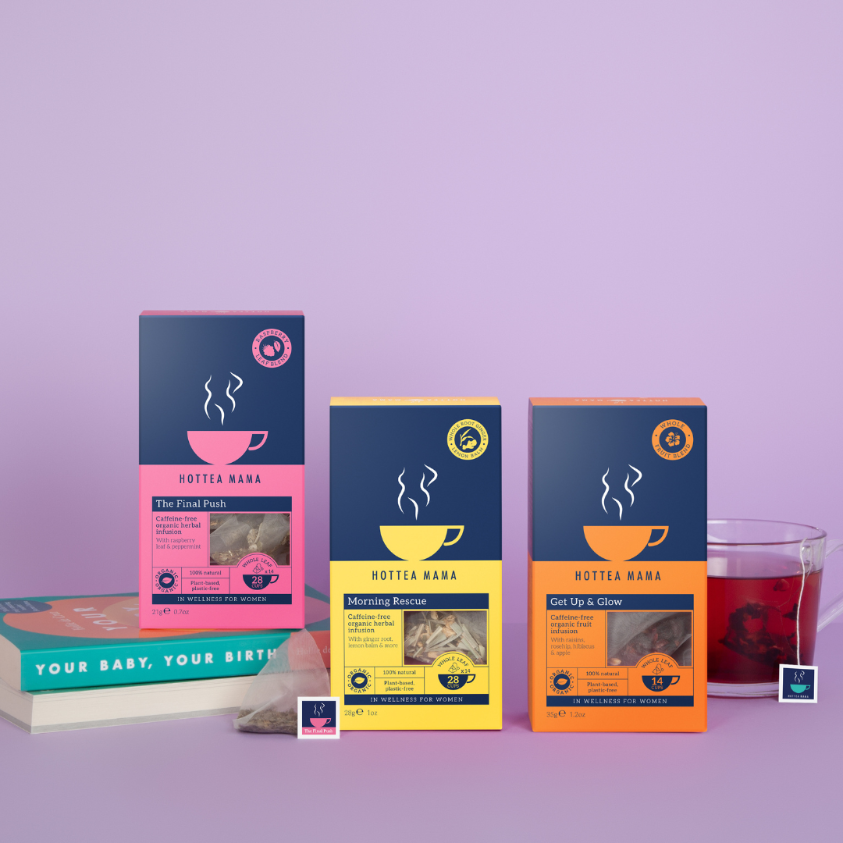
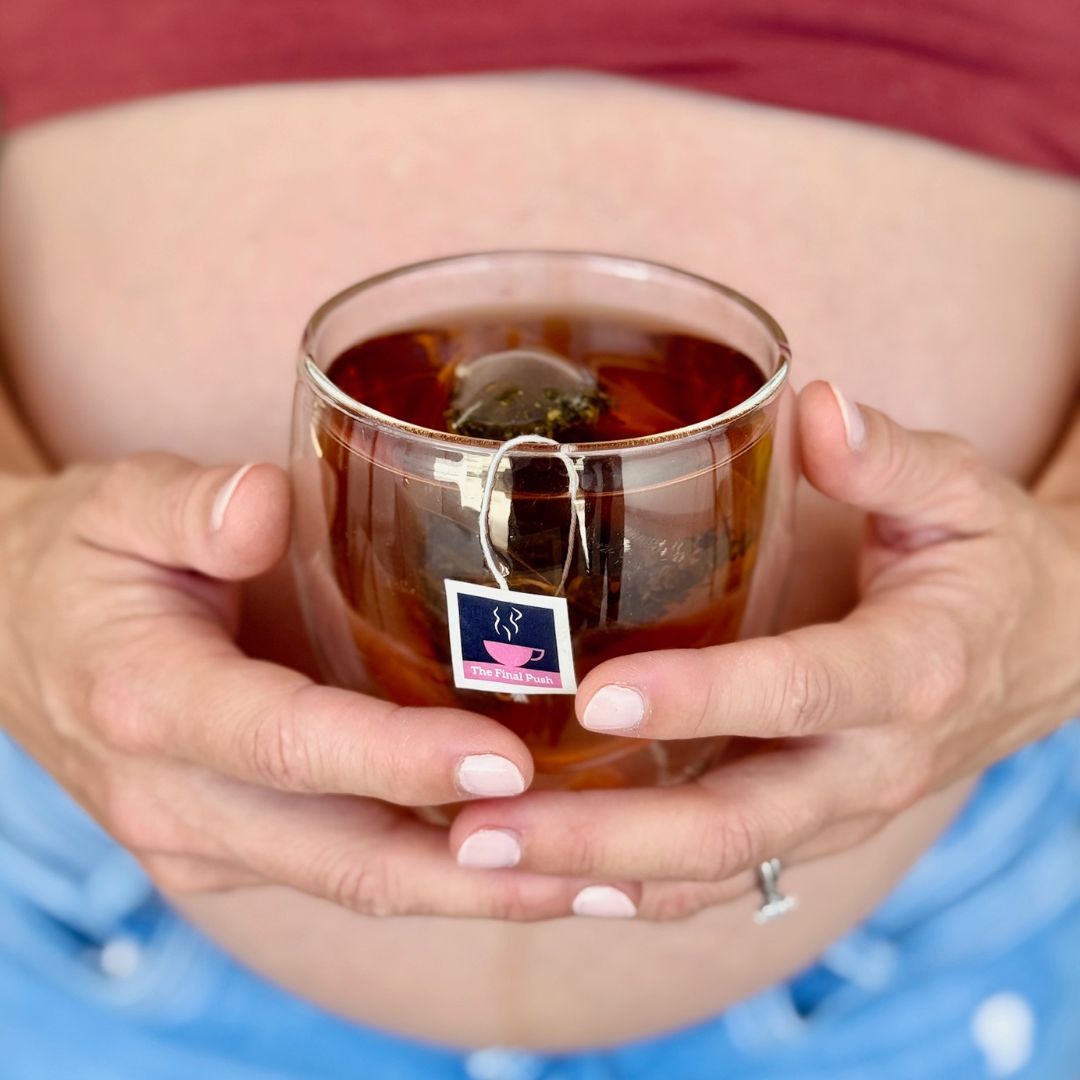
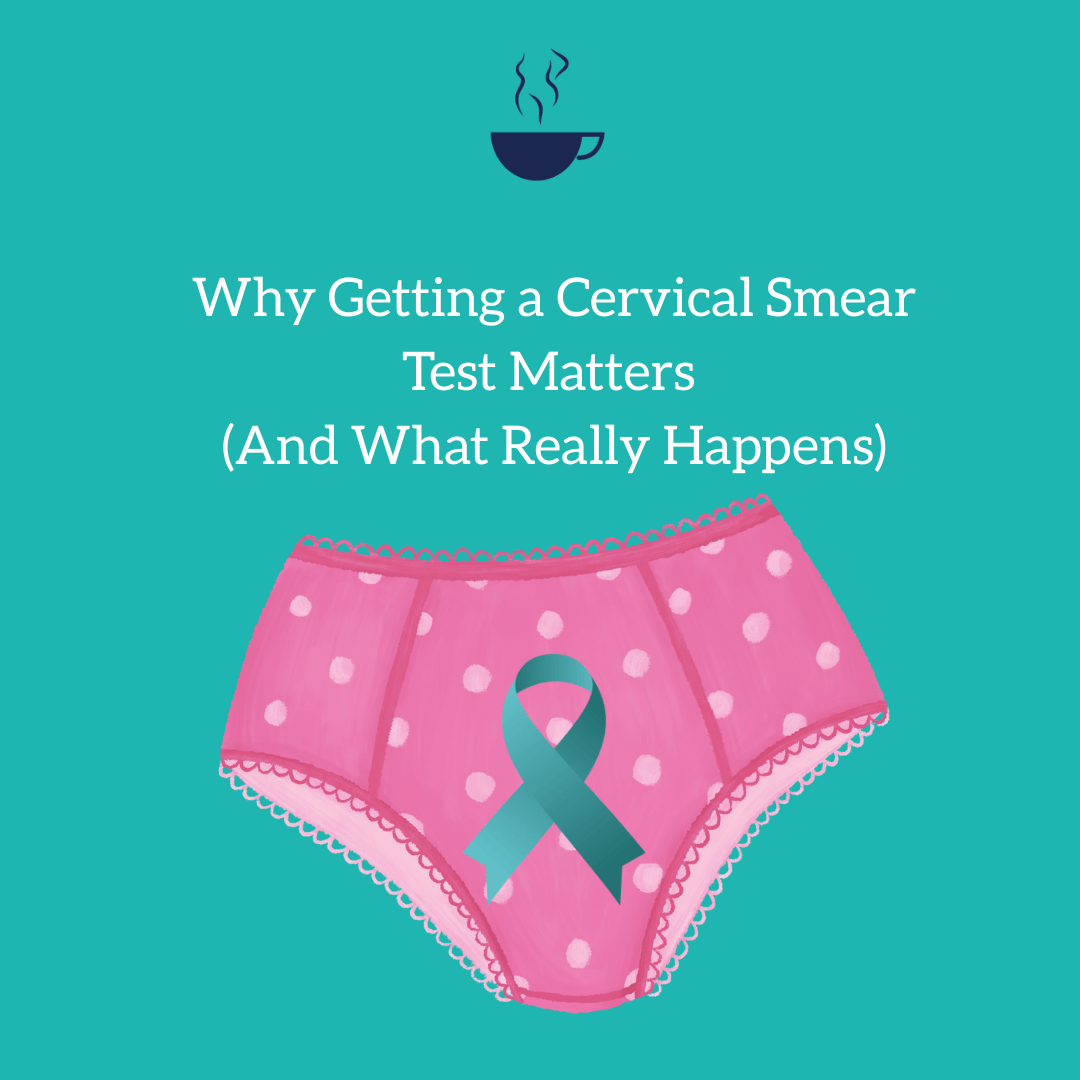
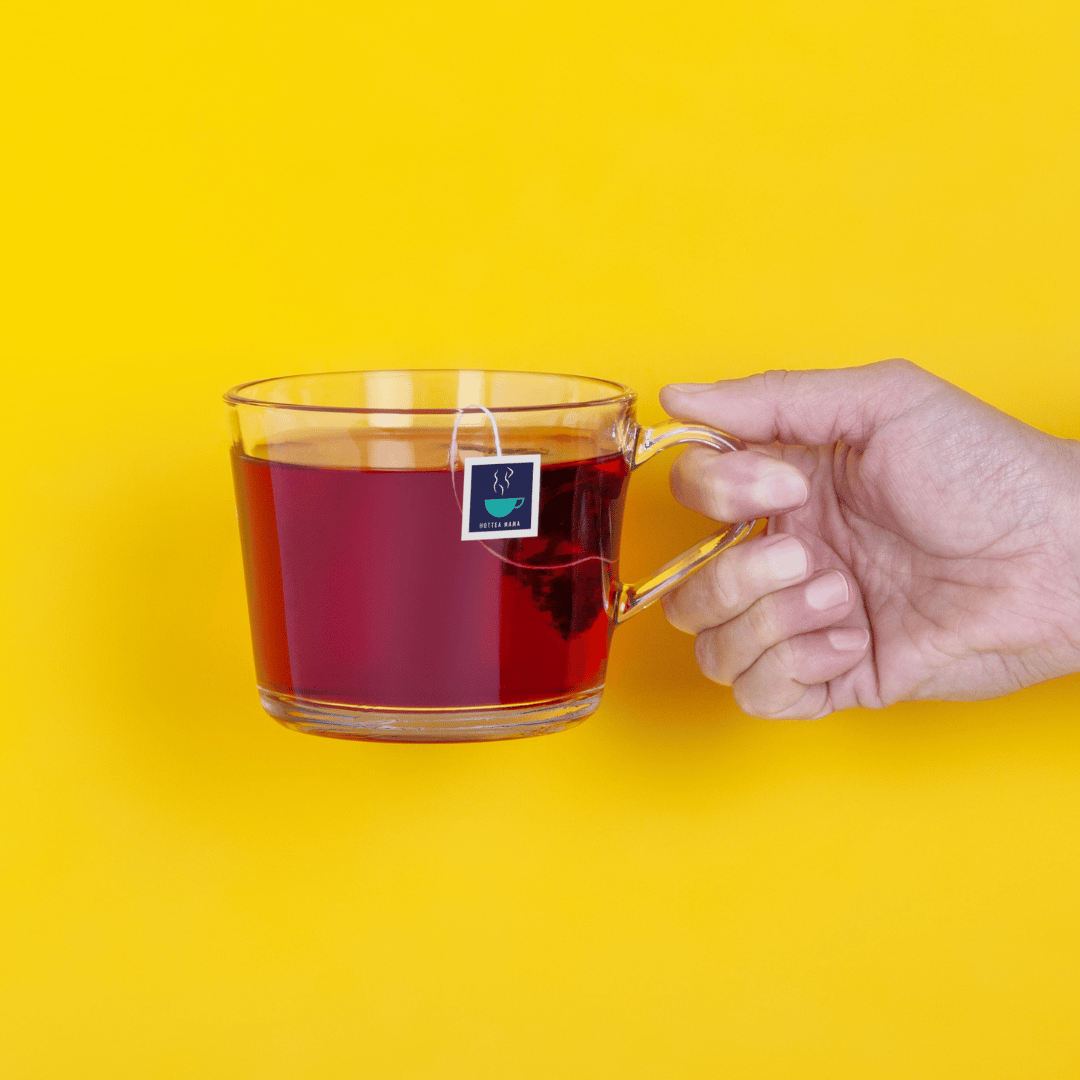
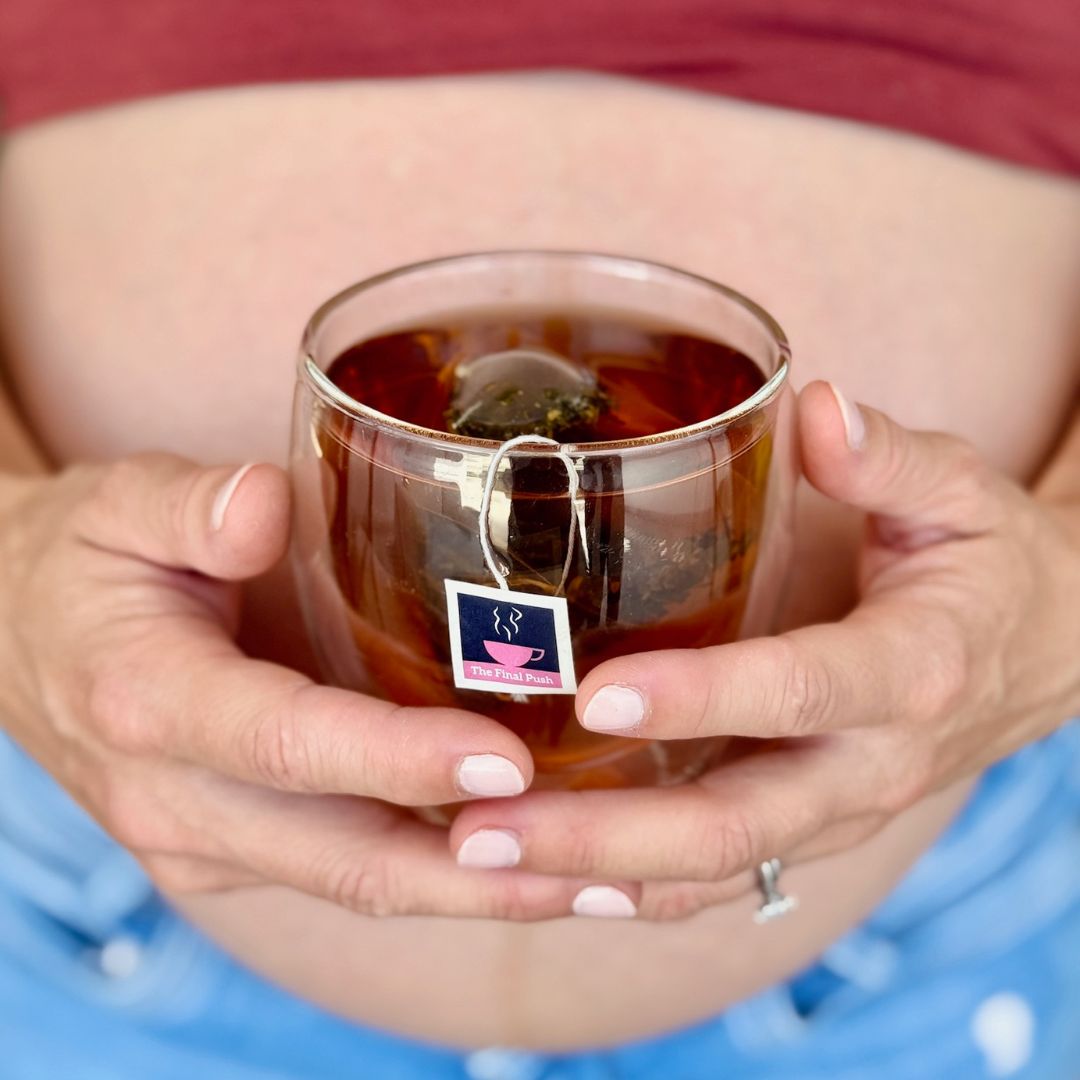
Comments